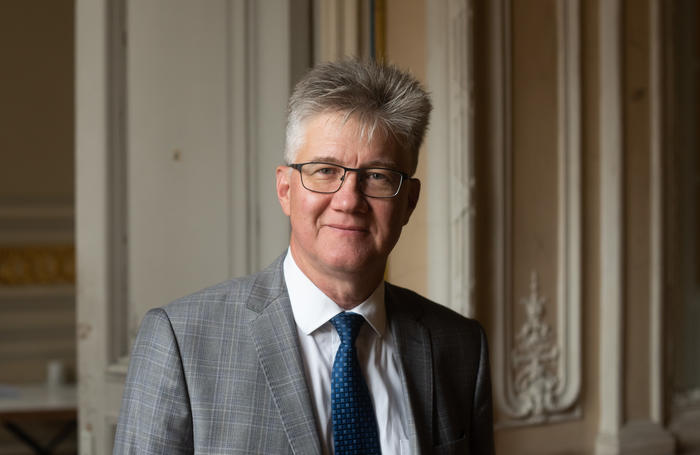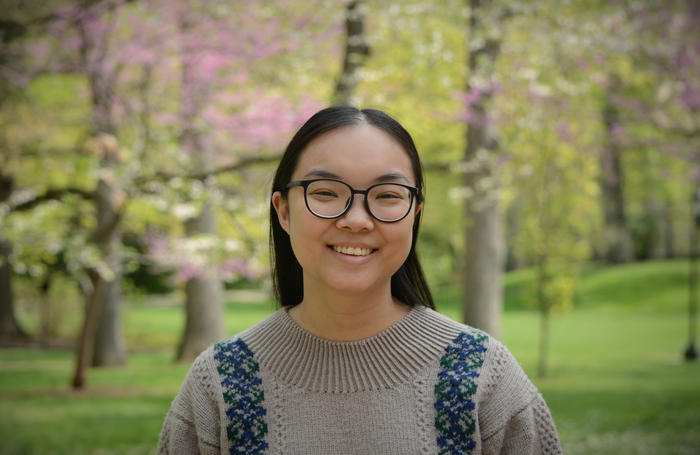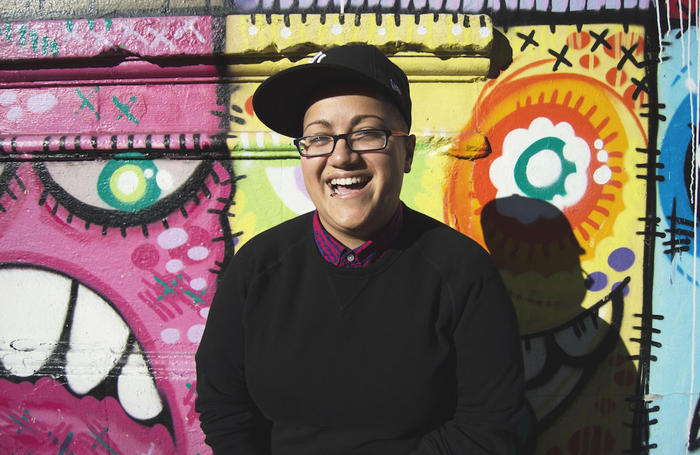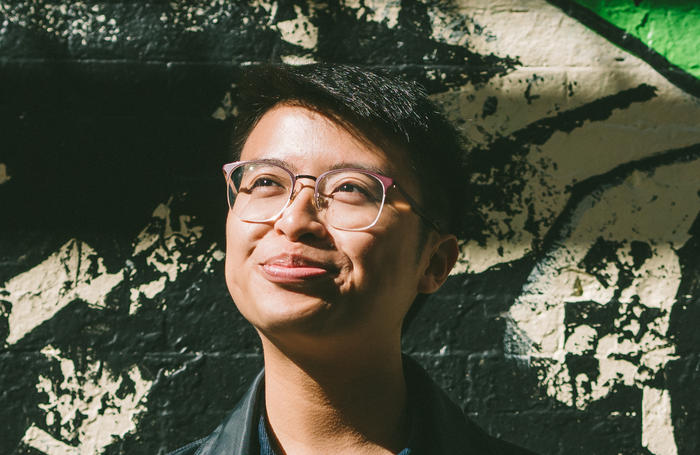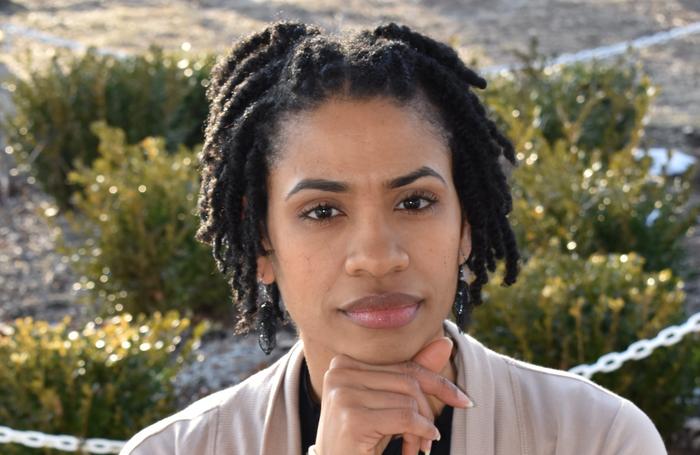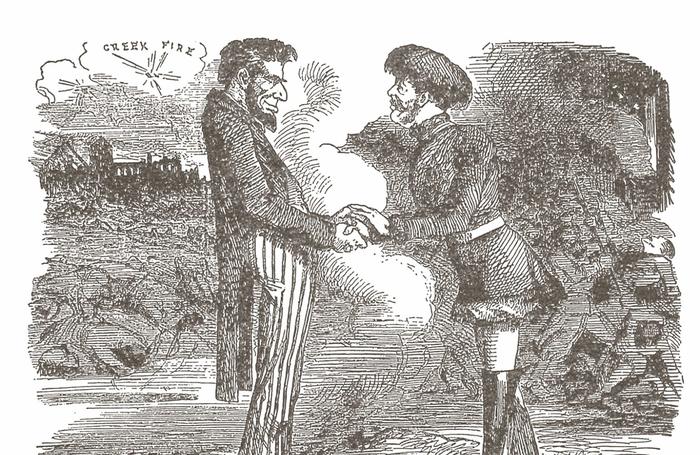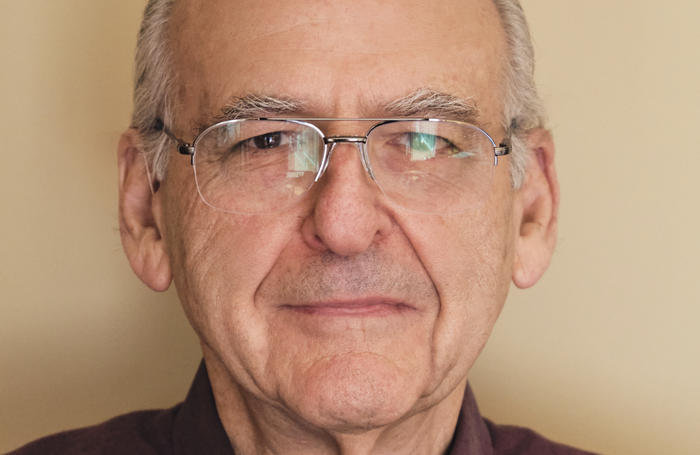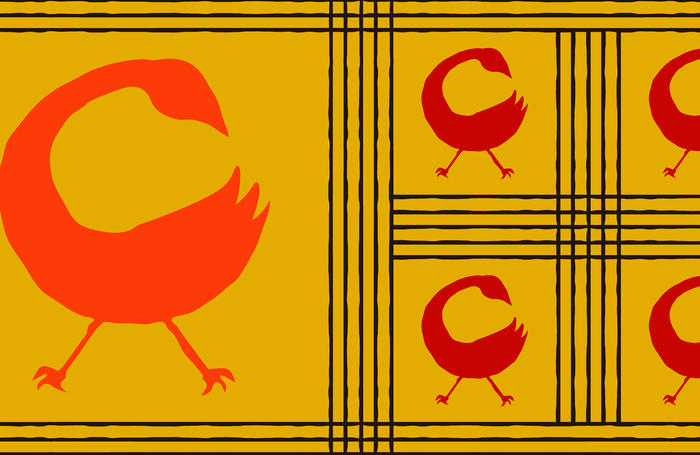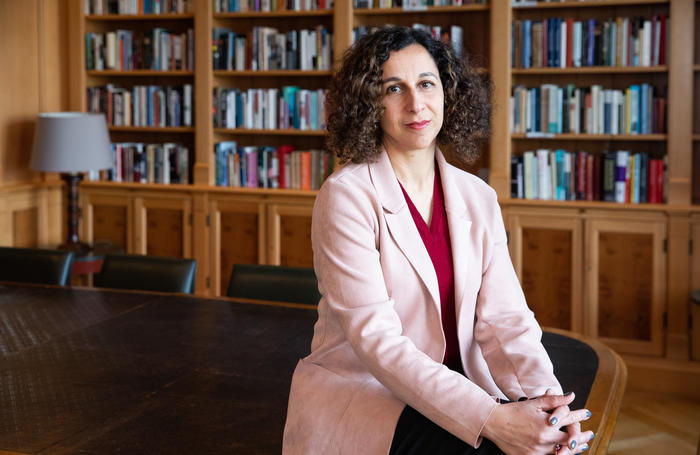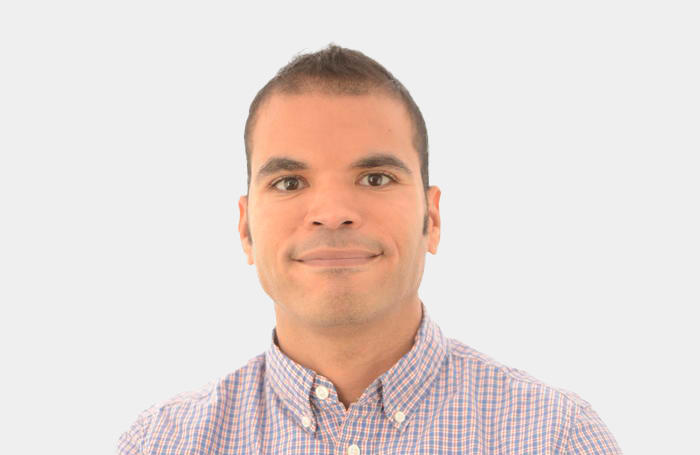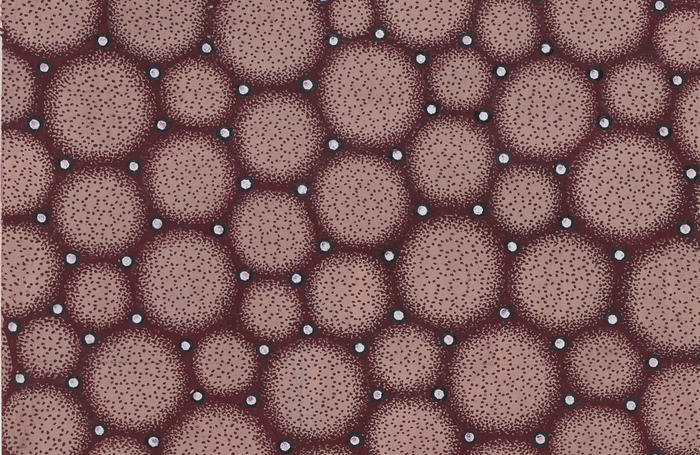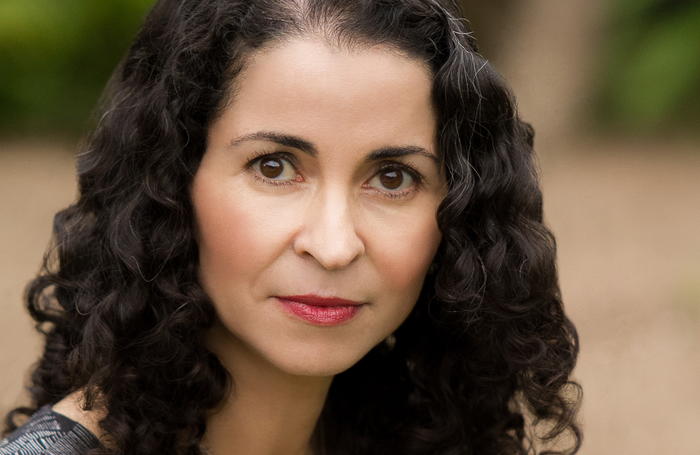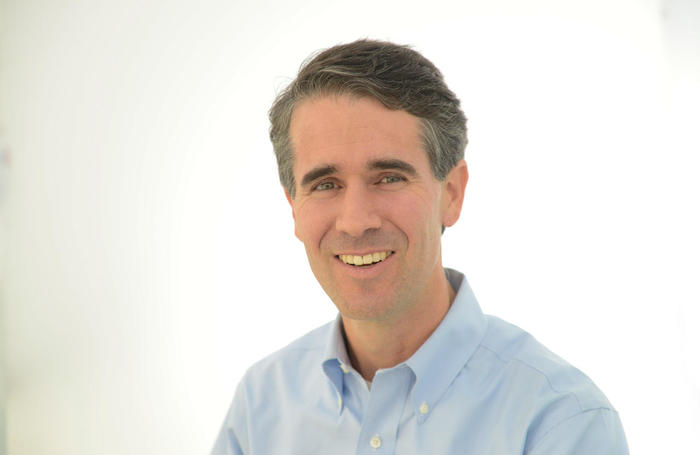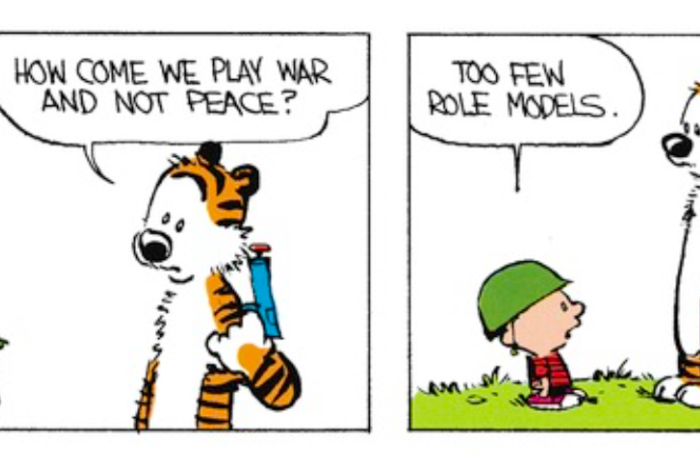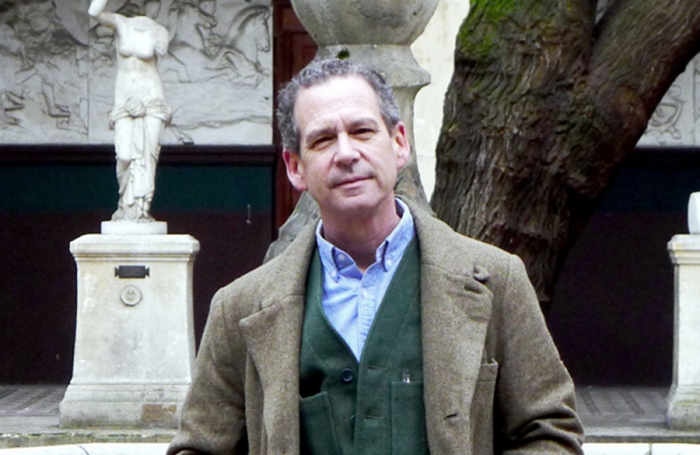events
Past Events
-
Apr 30, 5 PM
-
Apr 16, 5 PM
-
Apr 10, 4:30 PM
-
Apr 4, 5 PM
-
Apr 2, 4:30 PM
-
Mar 27, 4:30 PM
-
Mar 26, 5 PM
-
Feb 29, 5–6:30 PM
-
Feb 28, 4:30–6 PM
-
Feb 22–Apr 22, 12:45 PM
-
Apr 25, 5–6:30 PM
-
Mar 4, 12:45–5 PM
-
May 6, 2:30–3:45 PM
-
Apr 28, 1–2:15 PM
-
Apr 21, 4–5:15 PM
-
Mar 9, 2:30–3:45 PM
-
Jan 27, 4 PM
-
Oct 8, 2:45–4 PM
-
Sep 23, 2:30 PM
-
Feb 27, 4:30–6 PM

